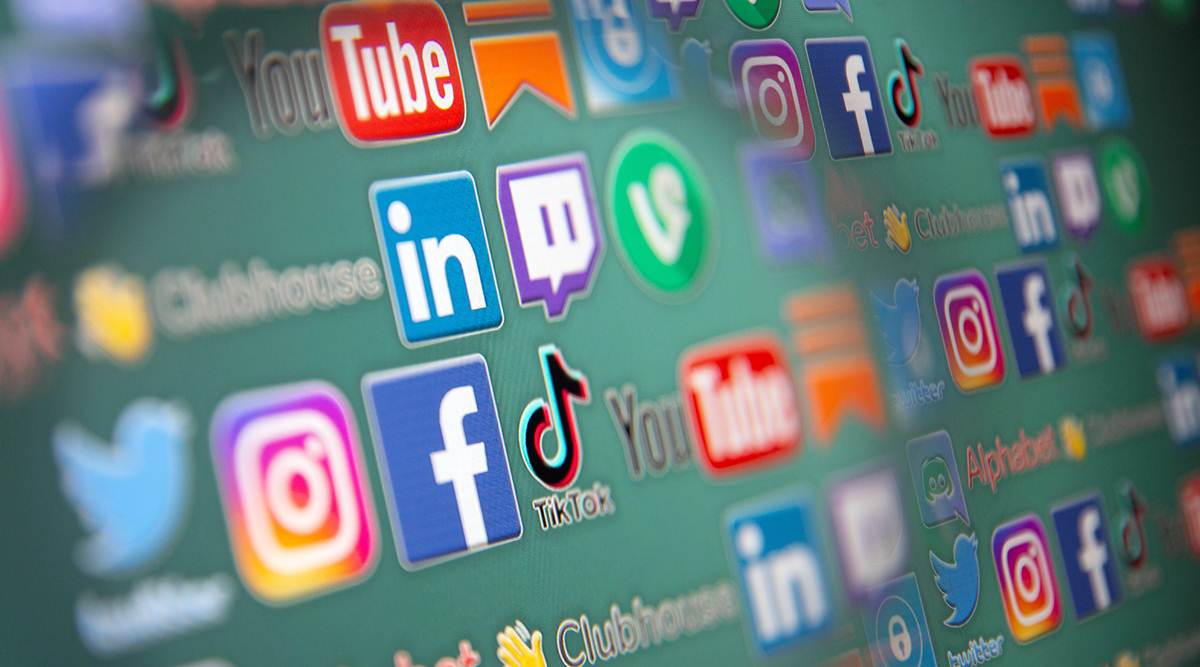
Social media has brought the world closer by democratising debates and enabling the exchange of ideas across borders. But this veneer of a seamless social media world has also caused an exponential rise in hate crimes, fake news, propaganda and brazenly libelous content. The same holds true for instant messaging services.
As a vibrant democracy, India has always welcomed social media companies to do business in the country. People use these platforms to question the government and that strengthens India’s democratic fabric. The BJP government has always welcomed it with PM Narendra Modi himself using social media actively to listen to people and be heard. So the problem is not with the use of social media. The problem is with the misuse of it. What should be done when that happens?
Working behind thick walls of opacity, tech giants function with arbitrary policies acting not only as platforms for idea exchange but also censors. Their algorithms can be manipulated to play up a certain kind of content and play down other forms of it. These platforms think they alone can decide what is acceptable content. A recent case in point has been the origin of coronavirus. American social media platforms, Twitter included, muzzled the discussions around the possibility of a lab leak, something that is being considered now.
It is against this background that the Government of India decided to revise/supersede the Information Technology (Intermediaries Guidelines) Rules 2011 by the Information Technology (Intermediary Guidelines and Digital Media Ethics Code) Rules 2021. This was notified on February 25 after wide-ranging consultation with all stakeholders. The comments and the counter-comments received against the draft rules were duly published on the MEITY website to ensure transparency.
Naturally, the companies did not want to comply. They tried to take cover behind claims of attack on the freedom of expression of the Indian people. The Congress, other Opposition parties, and the usual suspects in the media became the spokespersons for these private enterprises that are fighting for a licence to work with impunity. None of it is surprising, even if it is unfortunate.
Objectionable photos are often shared on such platforms or the reputation of people sullied without even an iota of evidence against them. The IT Rules aim to provide such people protection.
Let’s first understand what the new law requires social media giants and messaging apps to do. The new IT rules make it mandatory for these companies to establish an effective grievance redressal mechanism for receiving and resolving complaints from the users or victims. They are mandated to appoint a grievance officer to deal with complaints and share the name and contact details of such officers. Complaints have to be acknowledged within 24 hours and resolved within 15 days of receipt.
To ensure online safety, particularly for women, the law requires social media companies to remove or disable access to content that exposes the private parts of individuals, contains full or partial nudity or a sexual act or is in the nature of impersonation including morphed images within 24 hours of receipt of complaints. Such a complaint can be filed either by the individual or by any other person on his/her behalf.
These IT Rules classify the social media intermediaries in two categories: Social media intermediaries (SMI) and significant social media intermediaries (SSMI). The latter comprises companies with more than 50 lakh registered users. So Facebook, Twitter, Instagram et al come under SSMI.
The IT Rules direct the SSMIs to appoint a Chief Compliance Officer, Nodal Contact Person and a Resident Grievance Officer (all Indian residents) to ensure compliance with statutory provisions and act as a point for 24×7 coordination with law enforcement agencies.
The IT Rules mandate the SSMIs in the nature of messaging services to enable identification of the first originator of the information that is required for prevention, detection, investigation, prosecution or punishment of an offence related to sovereignty and integrity of India. The information is also to be made available if there is a threat to public order or concerns an offence such as rape, sexually explicit material or child sexual abuse. In the US and the UK, the very same companies, when asked for the origin of messages circulated by terrorists, give it. By trying to stonewall the same in India, the companies are exhibiting their biases.
It is bewildering that these companies made no rules and never tried to work in tandem with law enforcement agencies in India to ensure their platforms are safe for women and that there are mechanisms to stop misuse. Their pushback is rather unfortunate.
For tech giants to turn around and accuse the Indian government of denying freedom of expression is plain hypocrisy. To begin with, it isn’t even their remit. The onus of protecting the freedom of expression of Indian citizens is on the democratically elected Government of India. No unelected, for-profit foreign organisation that has zero accountability to the people of India can dictate terms to the Indian sovereign. The Indian government is the custodian of the freedoms and rights guaranteed to the citizens of the country, who can hold the government to account if that doesn’t happen. Tech giants must understand they cannot undermine the strong foundations of the world’s largest democracy by refusing to follow Indian laws.
Bhupender Yadav is national general secretary, BJP, and a Rajya Sabha member




















